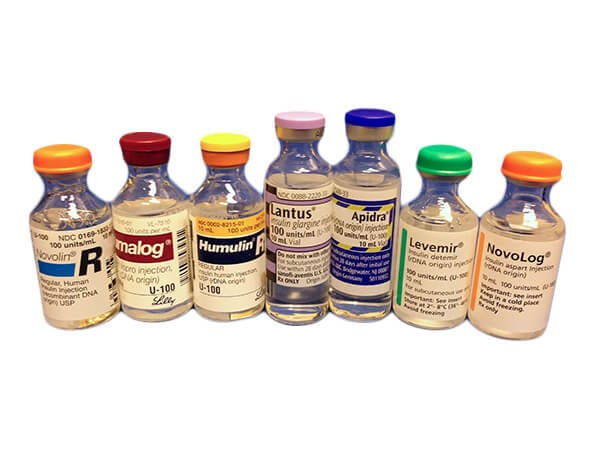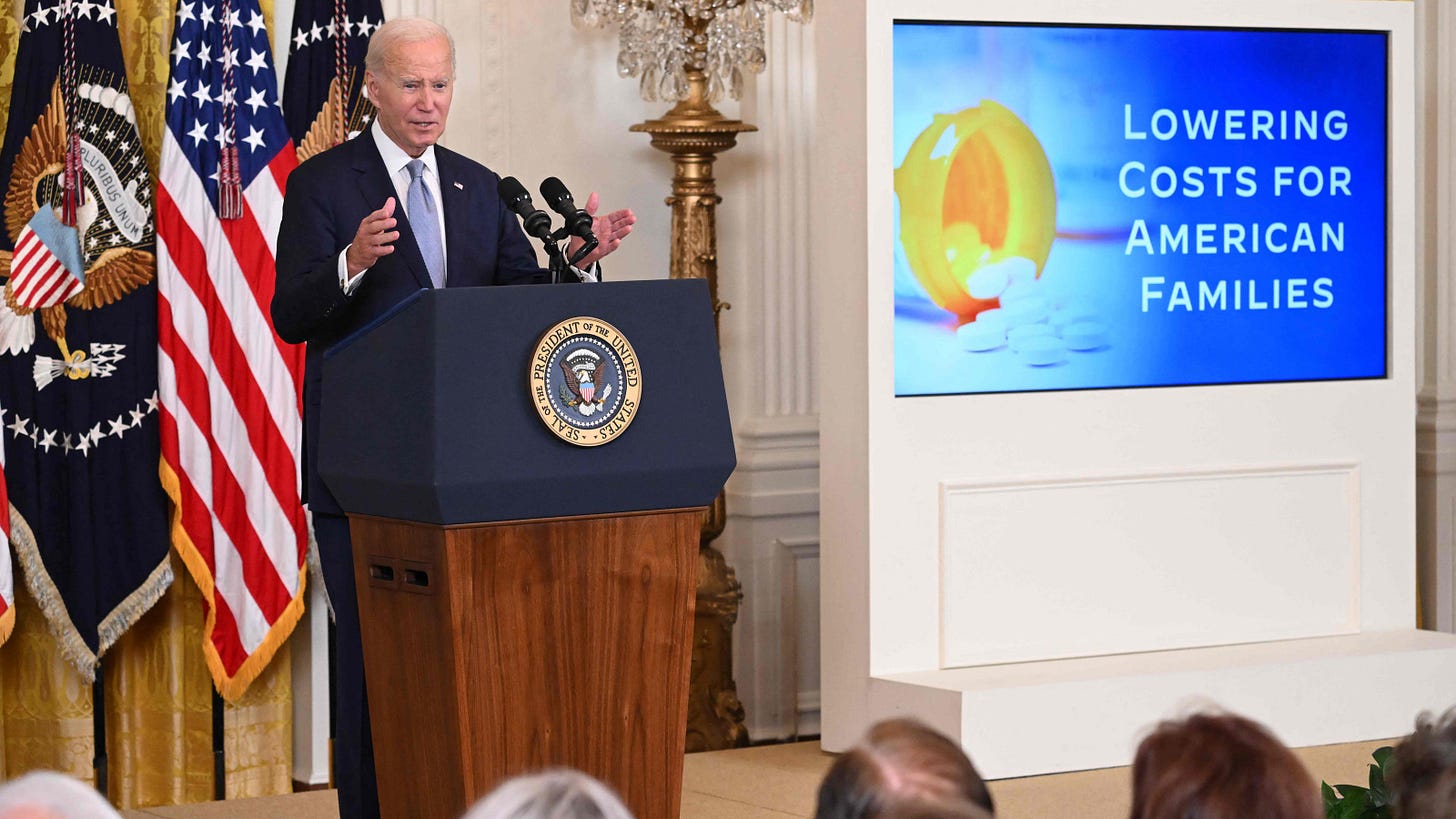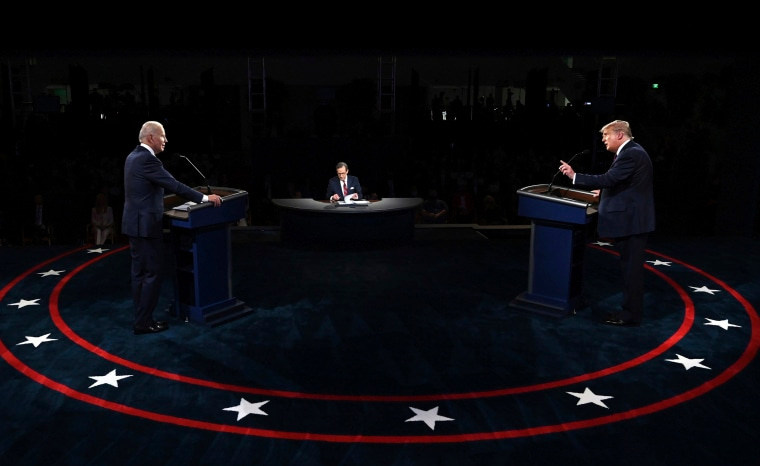For most Americans, health care ceases to be a political matter when we, or our loved ones, are chronically sick or terminally ill and wondering whether our health will improve —or whether we are on the clock for a visit to the local morgue.
To that end, this week, as Tallahassee prepared (and was largely spared) from Category 4 Hurricane Idalia, I couldn't help but think back to 2018 when Category 5 Hurricane Michael, one that was originally projected to devastate Florida's capital but took a westward turn and decimated nearby Panama City and Marianna instead, found me watching that storm’s aftermath from an ICU bed at a local hospital as my blood sugar level had spiked to well over 900! (Nota Bene: I was told that a normal blood sugar level is around 70).
Now, I had never been diagnosed with pre-diabetes—let alone the full-on diabetes that a spike as high as mine surely indicated! And while my treating physician would later joke that I was the first person that he and the admitting emergency room physician had ever seen walk into the hospital with a blood sugar level that high—adding that such readings usually came from patients who were in a deep coma—what was no joking matter were the prices of my new insulin prescriptions and pills that were in excess of $700 dollars—even with Blue Cross and Blue Shield insurance.
Upon discharge after five days in the hospital, as I settled in to inject my first solo insulin shots without the attentive eye of a nurse the afternoon I got home, the philosophical part of my brain, always in motion, couldn't help but to wonder what happens to patients who lack insurance or the finances to pay for their insulin? It was then that I heard the baritone of my long deceased father—one who faced his own terminal cancer diagnosis in 1999 with his trademark soldier’s stoicism—saying in my head, “they get sicker or they die, son!”
Indeed…
I have spent the better part of my adult life fighting against major pharmaceutical companies, collectively known as “Big Pharma,” in courts of law and in the courts of public opinion via my articles and blogs on various news sites. I know first hand how the same companies whose products extend and save lives are also purely profit driven and to that end, have made health care extremely political by pouring funds into the campaign coffers of Republican and conservative Democratic congressional, senate, and presidential candidates who have done their parts to maintain a laissez-faire mindset with regards to the prices that Big Pharma can charge.
That's why I was very pleased last year when Congress, largely on a party line vote, passed the the Inflation Reduction Act (IRA), one that upon being signed by President Joe Biden, created a $35 monthly cap on out-of-pocket costs for insulin and a $2,000 annual cap on patient costs for drugs taken at home.
I was even more pleased this week when the Biden administration announced that per the IRA, that the following ten expensive drugs will be among the first that will find their prices negotiated downward no later than by 2026 (per the NY Times):
1. Eliquis, afor preventing strokes and blood clots, from Bristol Myers Squibb and Pfizer
2. Jardiance, for diabetes and heart failure, from Boehringer Ingelheim and Eli Lilly
3. Xarelto, for preventing strokes and blood clots, from Johnson & Johnson
4. Januvia, for diabetes, from Merck
5. Farxiga, for diabetes, heart failure and chronic kidney disease, from AstraZeneca
6. Entresto, for heart failure, from Novartis
7. Enbrel, for arthritis and other autoimmune conditions, from Amgen
8. Imbruvica, for blood cancers, from AbbVie and Johnson & Johnson
9. Stelara, for Crohn’s disease, from Johnson & Johnson
10. Fiasp and NovoLog insulin products, for diabetes, from Novo Nordisk
After announcing this initiative this week, President Biden said, “This is a long time in coming; we’re going to keep standing up to Big Pharma, and we’re not going to back down.”
I sure hope not, Mr. President, because the simple truth is that if the Coronavirus pandemic taught us nothing else, it reminded that when government and private pharmaceutical concerns can find common ground, that the health care prospects for the many will surely trump the pecuniary gains of the few within Big Pharma.
In 2020, I credited then President Donald Trump's administration for easing regulations that helped speed up the creation and dissemination of Covid vaccines. For those unaware, the one thing that candidate Trump and President Biden share in common is a disdain for the high costs of prescription medicines.
Biden and Trump's first debate in 2020
Now, assuming that Trump will be the Republican nominee next year, whether he will continue to share Biden’s populist bent on lowering drug prices—or will pivot after the nomination is secure and tow the typical GOP line in support of the drugmakers, remains to be seen. But what is readily seen is that drug prices still remain out of control and that most rational Americans, regardless of their political affiliation, will benefit greatly from President Biden's efforts to date to bring those prices down, and will do the same should the next president, be that in 2024 or 2028, continue to hold the major pharmaceutical companies to account!







While I applaud the efforts to lower drug prices via the IRA, other elements in this legislation have the potential to overshadow and negate these cost savings. With this legislation comes new administrative burdens for overtaxed retail pharmacists and pharmacy staffs (see recent walkouts by Pharmacy staff at CVS and Walgreens nationwide) and under resourced independent pharmacies. Additionally, some provisions may harm federal grantee healthcare providers, such as federally qualified health centers, Ryan White HIV/ AIDS centers, and AIDS drug assistance programs.